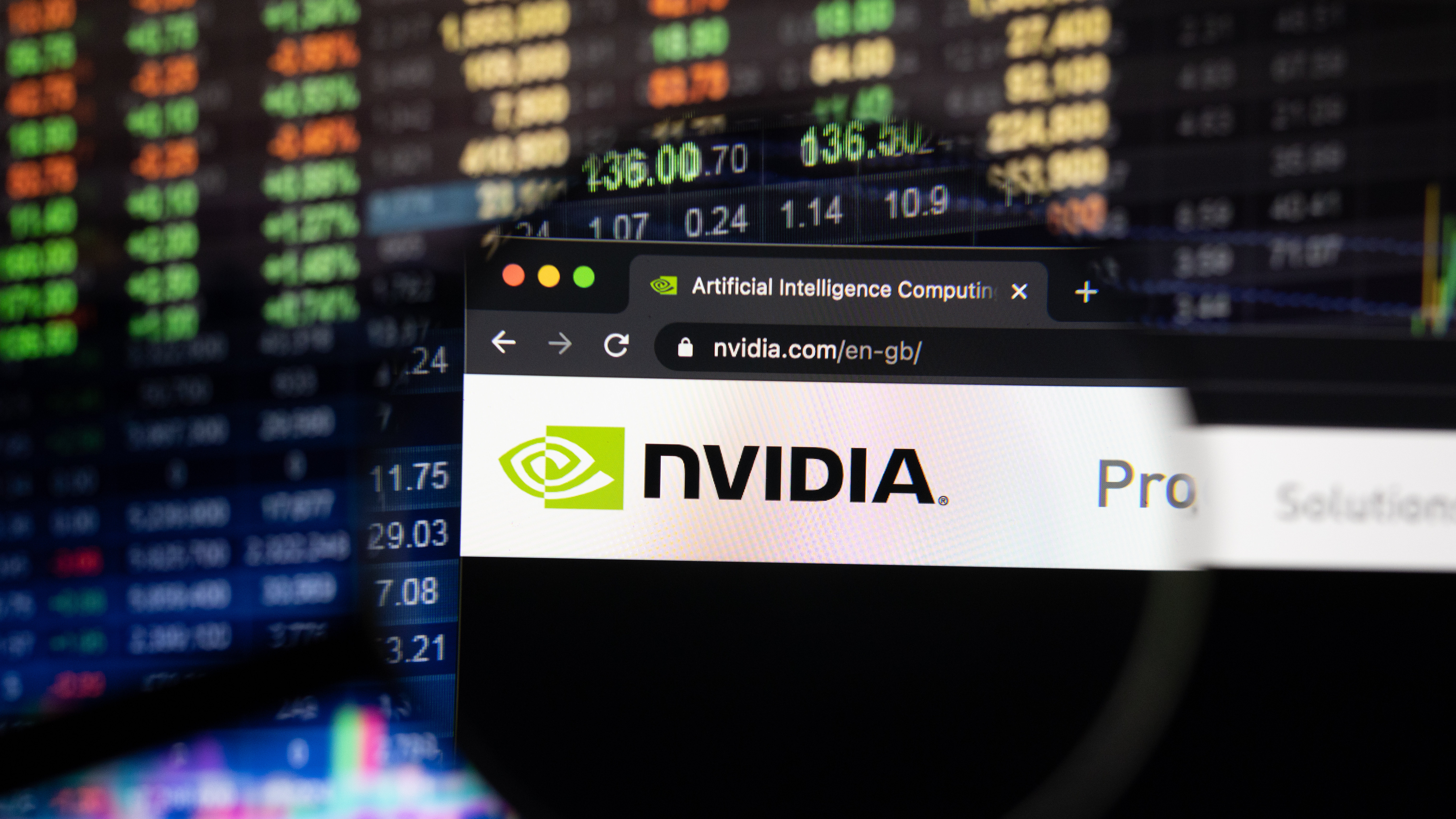
Joining the ever-growing list of companies being sued over generative AI and its blatant reliance on copyright infringement, primary AI hardware source Nvidia is now being sued by a collective of authors in a class action lawsuit, reports Reuters. While Nvidia's NeMo technology is pushed as a low-cost entry to AI, that seems to have come at the expense of the writers of the 196,640 books used in NeMo's now-deleted training set.
Three of those writers have come forward in the class action lawsuit: Brian Keene (Ghost Walk, 2008), Abdi Nazemian (Like a Love Story, 2019), and Stewart O'Nan (Last Night at the Lobster, 2007). The three books cited are also cited in the original lawsuit as material unfairly used by NeMo without compensation.
This is not the first of the major lawsuits relating to generative AI that we've covered in recent history. There's also The New York Times v. OpenAI and Microsoft and our op-ed on the legal and ethical status of generative AI.
As cutting-edge generative AI solutions like Sora and the profits driven by it continue to grow, valid concerns about the legitimacy of that work likewise continues to grow. Intel and Microsoft say that we've entered the era of AI PCs, but that doesn't mean humans shouldn't be compensated for the creative and professional contributions made with their finite, meaty lifespans.
Unlike most of the other major ongoing lawsuits happening right now, this NeMo Nvidia lawsuit might be a little more interesting. Nvidia isn't just a random company with an offending model, but is instead the primary purveyor of AI hardware that others are using for their AI model training. Considering the scale and publicity of Nvidia's AI investments, profits, and shady market tactics, the outcome of this could be quite the gunshot for the era of no-citation, no-pay "generative" AI.
Only time will tell what legal precedents will ultimately be set by all these ongoing cases relating to generative AI. Ethically, though, it seems rather clear that "intelligence" that can only function by taking everyone else's work should probably be doing more than just printing money for its operators without accountability.







